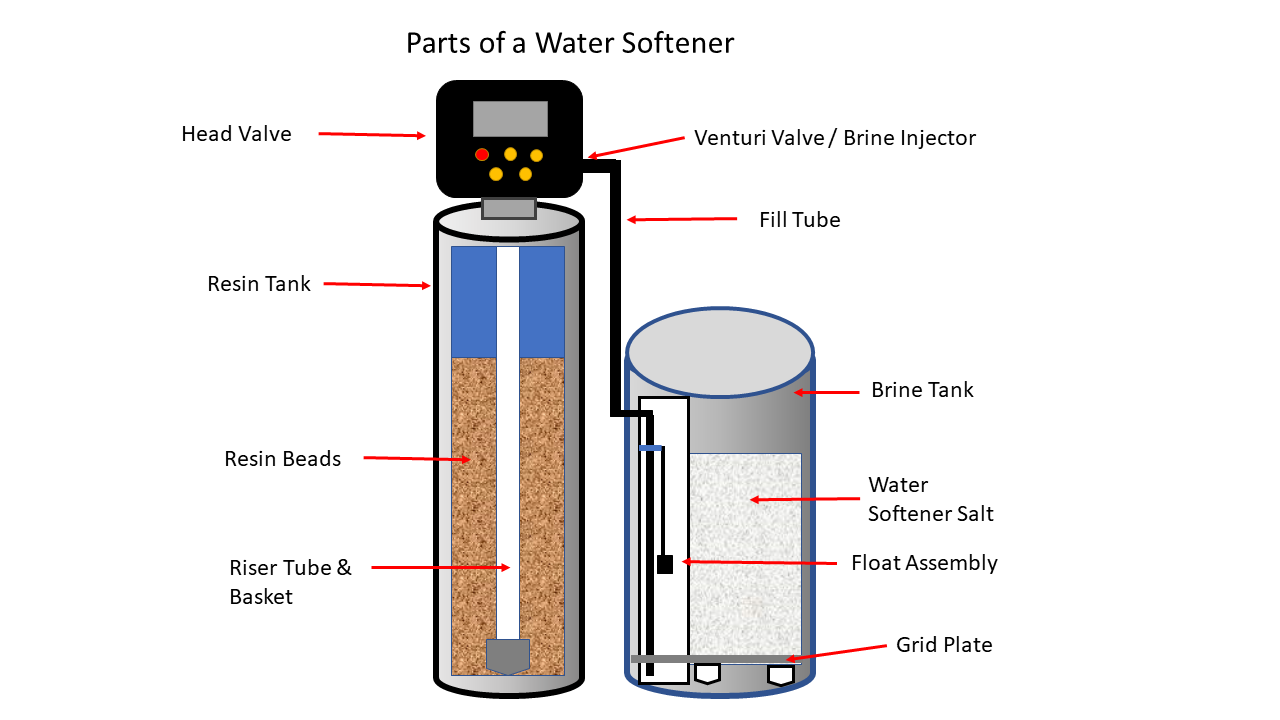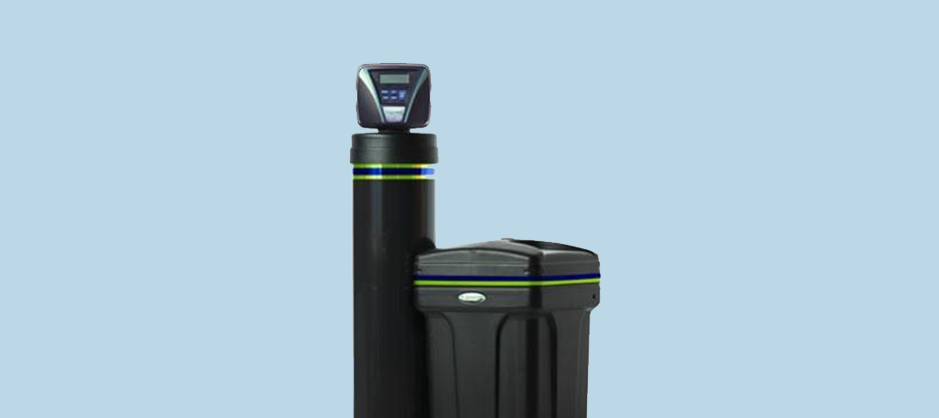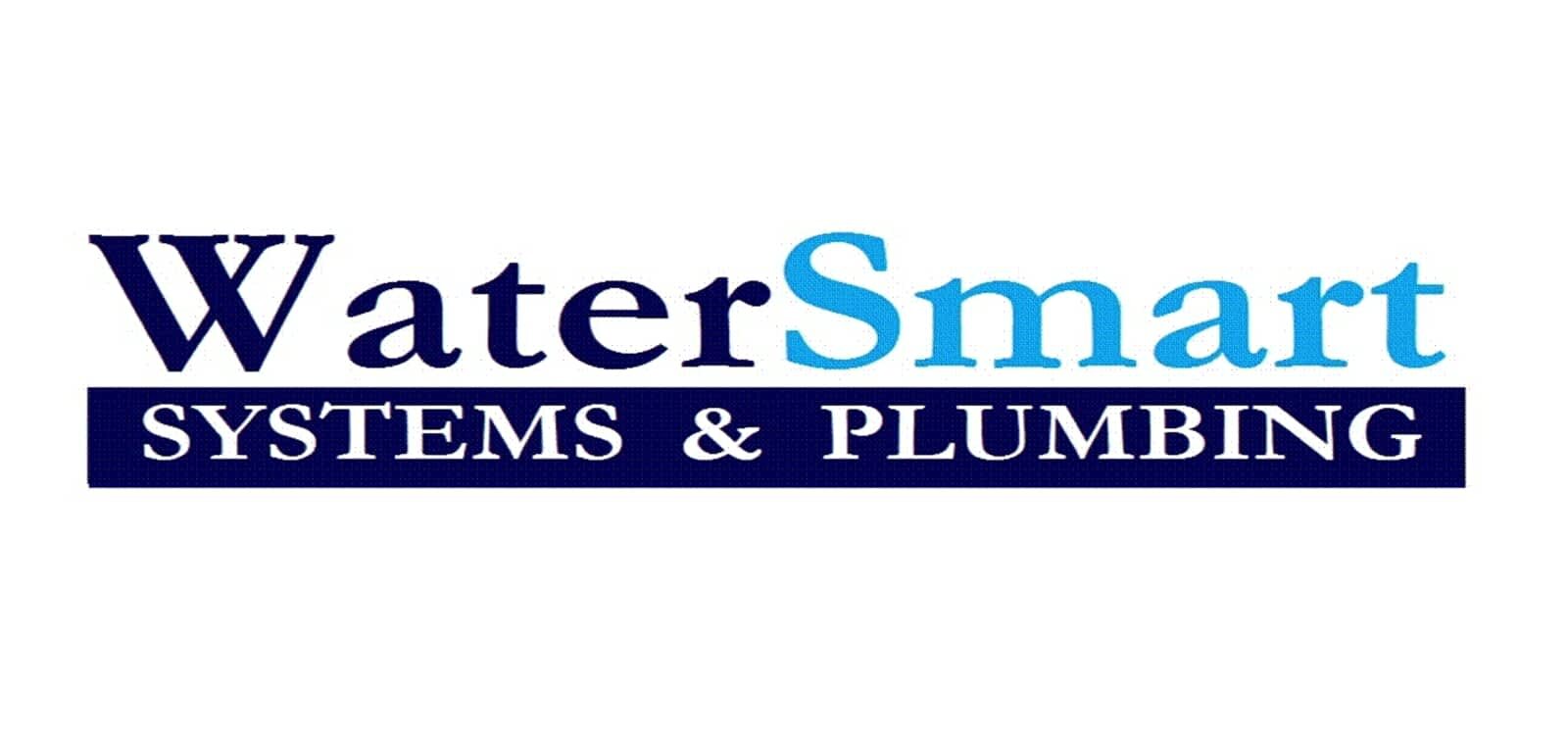Have you ever wondered how much salt you should put in your water softener? Well, the simple answer is that the salt level should be higher than the water level. But let's dive deeper into understanding water softeners and how to maintain them effectively.
1. How do Water Softeners Work?
2. How to Maintain a Water Softener
Since 1994, WaterSmart Systems has consistently offered its customers in Kitchener, Waterloo, Cambridge, Guelph, Brantford, and surrounding areas innovative, quality products and excellent service.
We can answer “how much salt to put in water softener” and all your other queries. Contact us today.
1. How do Water Softeners Work?
Water softeners are essential appliances in many households, especially those with hard water issues.
Hard water contains high levels of minerals, primarily calcium and magnesium. These minerals can cause limescale buildup in pipes, appliances, and fixtures, leading to reduced efficiency and even damage over time.
Water softeners work by using a process called ion exchange.
Inside the water softener, resin beads coated with sodium ions attract the calcium and magnesium ions in the water.
As the hard water passes through the resin, the calcium and magnesium ions stick to the resin beads, and sodium ions are released into the water, effectively softening it.
Softened water has numerous benefits, including preventing scale buildup in pipes and appliances, improving the effectiveness of soaps and detergents, and extending the lifespan of plumbing systems and appliances.
This image gives you a better idea of the parts involved and how much salt to put in water softener.
2. How to Maintain a Water Softener
Regular maintenance is crucial to ensure your water softener operates efficiently and effectively. Here are some essential tips for maintaining your water softener:
Check the salt level regularly: As mentioned earlier, the salt level should always be higher than the water level in the brine tank. Insufficient salt can lead to decreased efficiency in softening the water.
Clean the brine tank: Over time, salt buildup and residue can accumulate in the brine tank, affecting the performance of the water softener. It's recommended to clean the tank at least once a year to remove any buildup.
Check for leaks: Inspect your water softener regularly for any signs of leaks or malfunctions. Addressing leaks promptly can prevent damage to your appliance and ensure an uninterrupted soft water supply.
Replace the resin beads: The resin beads in your water softener can become saturated with minerals over time and may need to be replaced. Consult your manufacturer's instructions for guidance on when to replace the resin beads.
Consider professional servicing: If you're unsure about how to maintain your water softener or if it requires repairs, it's best to seek professional assistance.
A qualified technician can inspect your system, identify any issues, and provide the necessary repairs or maintenance.
3. Water Softener Features
When choosing a water softener, it's essential to consider factors such as capacity, efficiency, and additional features that can enhance its performance and convenience. Here are some features to look for:
Capacity: Water softeners come in various sizes to accommodate different household needs. Consider the hardness of your water and the number of people in your household when selecting the appropriate capacity for your water softener.
Smart monitoring: Some modern water softeners are equipped with smart technology that monitors water usage and adjusts regeneration cycles accordingly. This feature ensures optimal efficiency and salt usage, saving you time and money.
Iron removal and sediment filtration: In addition to softening water, some water softeners are also capable of removing iron and filtering sediment from the water. This is particularly beneficial for households with high levels of iron or sediment in their water supply.
Timer controls: Timer-controlled water softeners allow you to schedule regeneration cycles based on your household's water usage patterns. This helps prevent unnecessary regeneration and ensures a constant supply of soft water.
Professional repair and maintenance: If your water softener requires repairs or servicing, it's advisable to seek assistance from a qualified technician. Attempting to repair the appliance yourself can lead to further damage and may void the warranty.
For more, check out our post on how salt helps your water softener.
Still Not Sure How Much Salt to Put in Water Softener?
We can help.
WaterSmart is a locally owned, family-run business that has been servicing Kitchener, Waterloo, Guelph, Cambridge and surrounding areas for over two decades.
We know this area and the unique water challenges it presents. We understand water softeners and we know which type of softener would be the best to meet your particular needs.
If you need to purchase a new water softener or if your current softener isn't performing the way it should, contact us.
We sell the best water softeners available for our area and we service any other make or model that you may have, even if you didn't purchase your softener from us.
“I was impressed, even amazed, at how helpful and pleasant the staff at Watersmart Systems and Plumbing were in solving my water softener problems. They will be the first place I’ll go to with any water softener concerns.”




